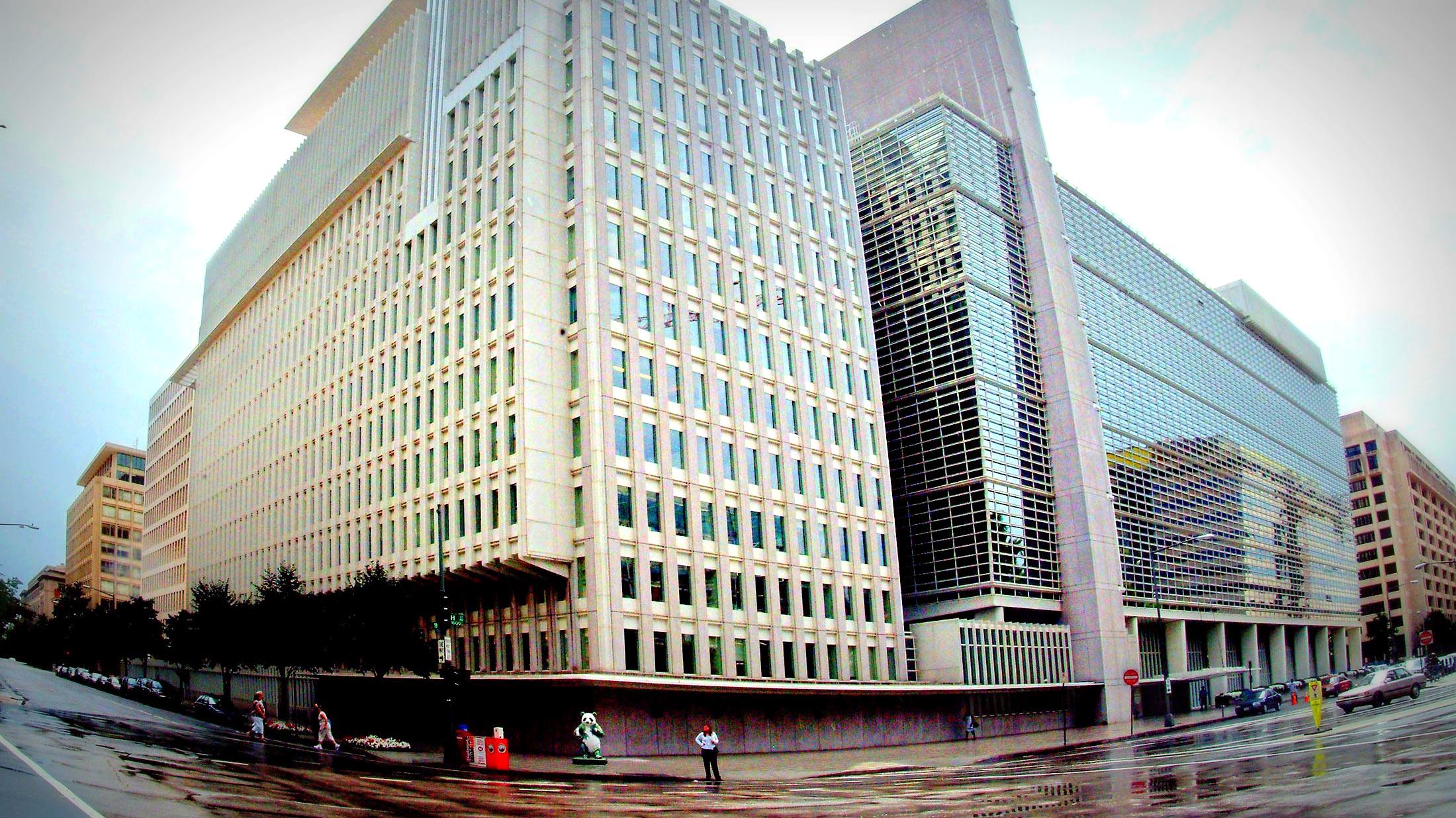
Zimbabwe’s bid to use its minerals to secure loans is a risky route that might cost the country in the long run, a World Bank official has said.
President Robert Mugabe’s cash-strapped government, which has struggled to attract funding from reluctant China as well as western governments, many of which imposed sanctions more than a decade ago over alleged rights abuses, last month confirmed it intends to use its minerals, especially diamonds, to secure loans.
Zimbabwe has actively courted China for financial aid and a senior Chinese embassy official told The Source on May 6 that Beijing would only consider extending loans secured by the southern African country’s minerals.
“Securitisation of minerals is one way of financing things; however it brings a lot of risks. It’s not an easy solution because you might end up giving away more than you are getting,” outgoing senior World Bank country economist for Zimbabwe, Nadia Piffaretti, said during a media briefing.
“It is really not advisable at your (Zimbabwe’s) development stage. You might just take away the future of your children. When you get a loan you know what the costs are. You sit down and negotiate on penalties and interest rates. You have a good picture of what you are getting into. It’s even better when you get a grant.”
She said Zimbabwe should instead seek more concessional loans to stimulate its ailing economy badly in need of fresh capital.
“I would advise Zimbabwe to try and access concessional loans as much as possible. When you start securitization, there are many issues and typically securitisation is legitimately pulling the tool box but it is not advisable as a panic button because that typically leads to things that are not in the country’s interest,” Piffaretti said.
She said the World Bank is also concerned with the accelerating rate of de-industrialization in Zimbabwe, adding that government should broaden economic activity to ensure sustainable growth.
- Chamisa under fire over US$120K donation
- Mavhunga puts DeMbare into Chibuku quarterfinals
- Pension funds bet on Cabora Bassa oilfields
- Councils defy govt fire tender directive
Keep Reading
Piffaretti said government should work on its country risk to improve the country’s economic prospects which have dimmed considerably over the past year.
She said Zimbabwe needs policy consistency and respect for property rights to improve the economic climate and ensure that the economy is integrated into the global economy.
“One of the things that worries us and worries me is that the country might become more and more resource dependent and the countries that are resource dependent are trying to get out of it and that is why we are really engaging the government strongly and the civic society to broaden economic reforms that really help developing the economy,” she said.
“As I am leaving, I’m seeing the country at a watershed moment in which it can grow in a balanced way, provided some of the reforms the government has initiated and is thinking about are carried out.”
The World Bank sees the economy growing by 3,1% this year, against government projections of 6.1%.
– The Source










